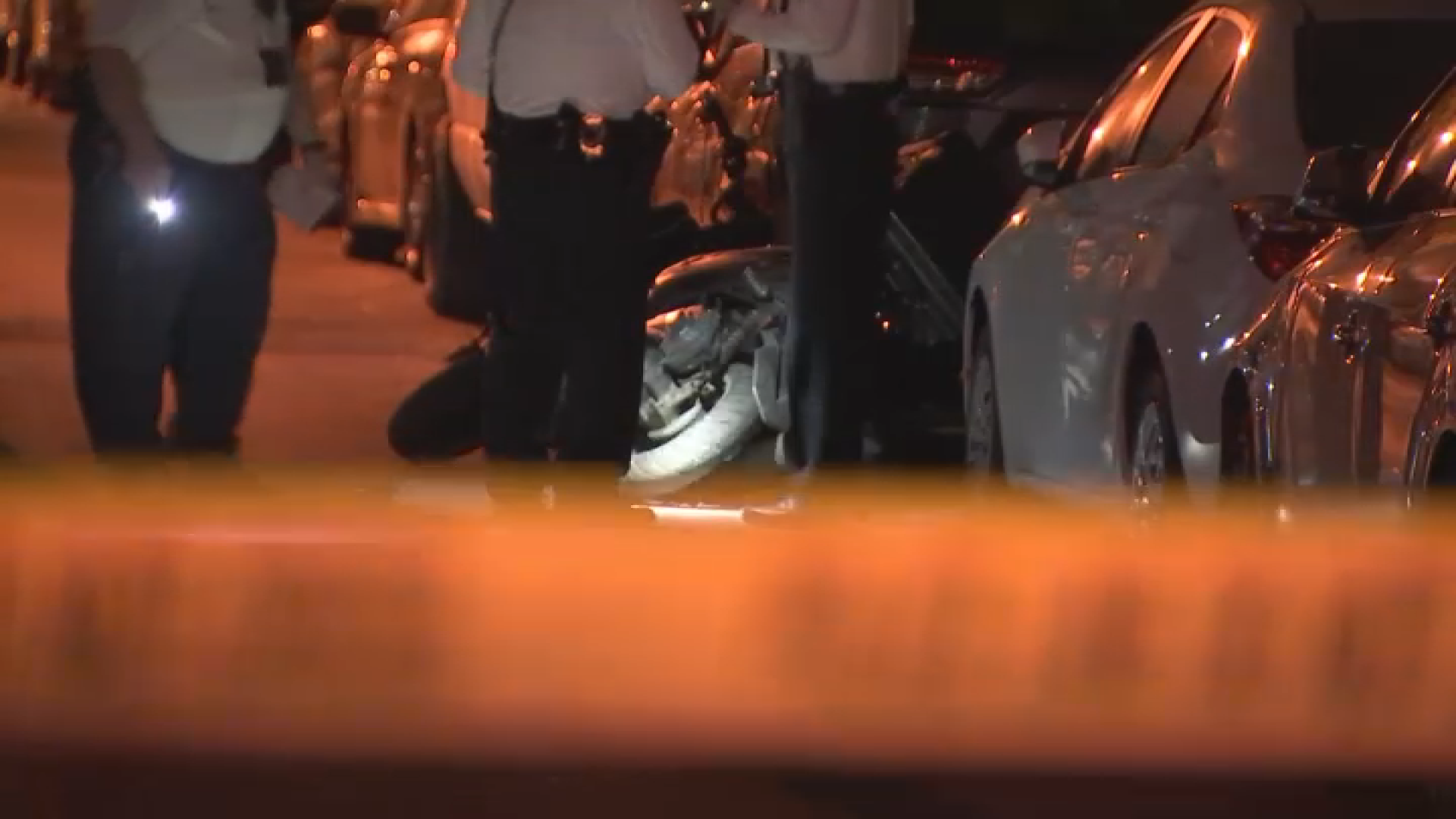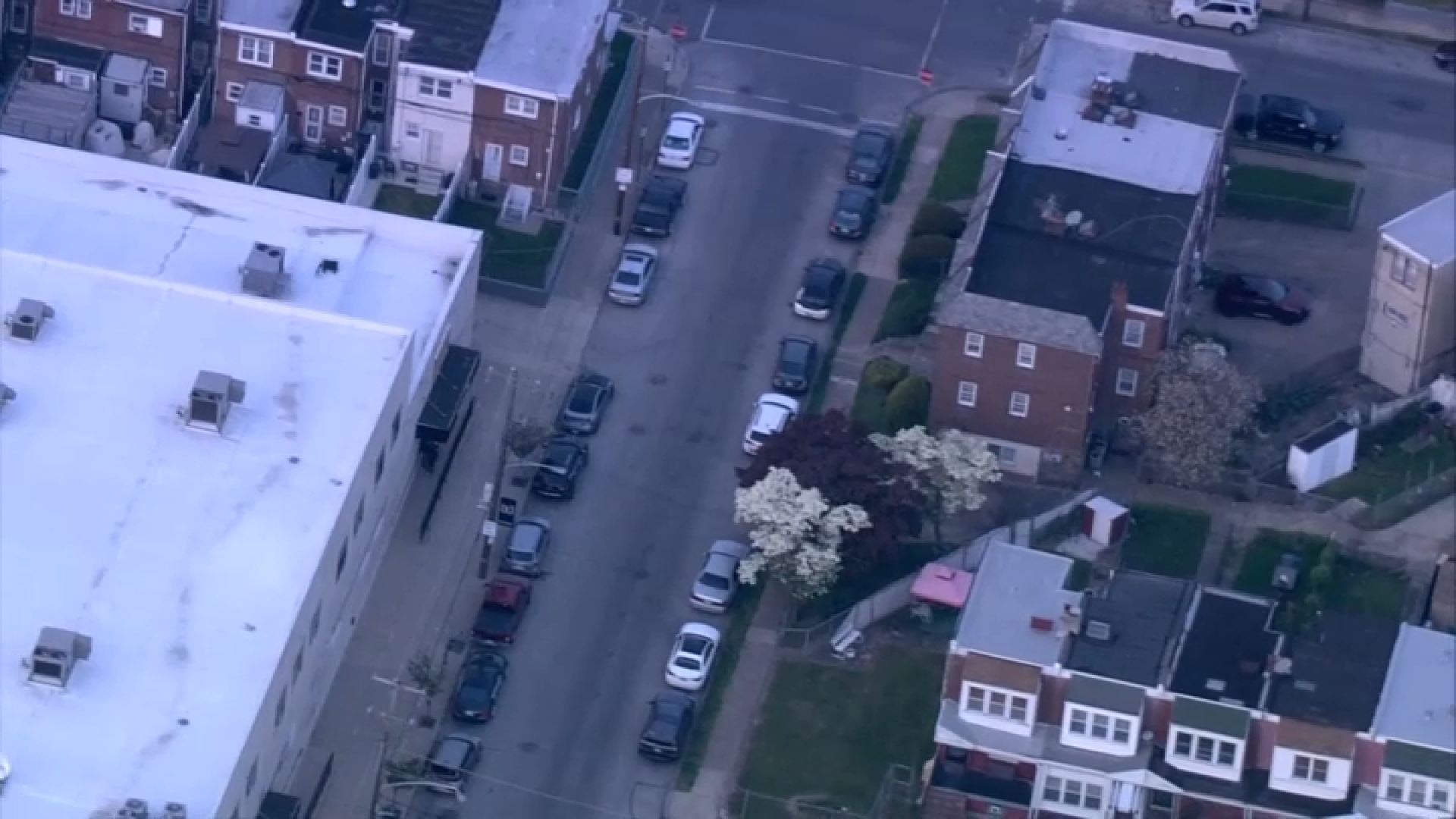The appeal by the Lower Merion School District to a judge's ruling last month that the district's 4.4 percent tax increase for 2016-2017 be thrown out and redone will be heard by Commonwealth Court in December.
The court will hear arguments the week of Dec. 12, according to online court records.
The school district filed the appeal two days after Montgomery County Common Pleas Judge Joseph Smyth ordered the district on Aug. 29 to revisit their annual spending plan and capped any tax increase at 2.4-percent, which is the limit set this year by the state Department of Education. The DOE use a formula designed to keep tax hikes in line with inflation.
When the appeal was filed, an injunction was put in place allowing the district to hold off on scrapping its tax increase until the higher court rules on the case.
Lower Merion resident Arthur Wolk, an attorney who filed the complaint, said after the ruling that the district has routinely underestimated revenue projections during the last decade. He said the practice created a $57 million surplus in district banks accounts as taxes for township residents rose 53 percent over the same period of time.
The district vehemently denied Wolk's claims, and the district superintendent defended school accounts that he said hold assets to be spent on special education and capital projects.
“The district employs good, sound accounting practices. Without a doubt,” Superintendent Robert Copeland told a crowd of taxpayers and parents who came to a special meeting of the district school board Sept. 12. “You want to maintain enough for a rainy day. And also to maintain a high debt rating.”
Local
Breaking news and the stories that matter to your neighborhood.
The student population of Lower Merion has increased from about 7,300 five years ago to nearly 8,400 this school year, according to state DOE statistics.
Both sides in the case as well as observers, including state education associations, have said the ruling would set a precedent that affects budget planning for all of Pennsylvania's 500 school districts.



